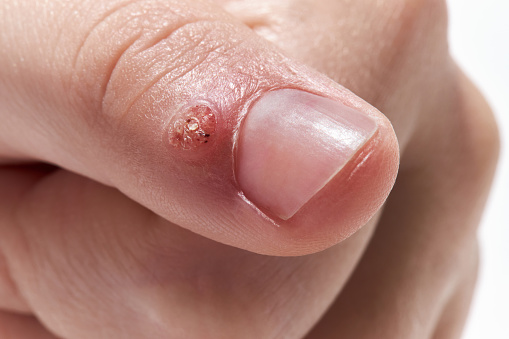Human papillomavirus (HPV) is one of the most common sexually transmitted infections (STIs). It’s estimated that nearly all sexually active men and women will be infected with at least one type of HPV at some point in their lives. While most people never experience any symptoms or health complications, some types of HPV can cause genital warts, cervical cancer, and other types of cancer. It’s important to understand the risks of HPV, how it’s spread, and how to protect yourself and your partner(s).
What is HPV?
Human papillomavirus (HPV) is a group of viruses that are spread through sexual contact. There are more than 150 types of HPV, and more than 40 of them can be spread through sexual contact. Some types of HPV cause genital warts, and some types can cause cervical cancer and other types of cancer.

How Is HPV Transmitted?
HPV is transmitted through intimate contact with someone who is infected. It can be passed through sexual contact, including vaginal, anal, and oral sex. It can also be transmitted through skin-to-skin contact, such as when a person touches an infected area and then touches their own skin.
Symptoms of HTV
The most common symptoms of HIV include:
1. Fever
2. Fatigue
3. Swollen lymph nodes
4. Sore throat
5. Rash
6. Night sweats
7. Muscle aches
8. Headache
9. Unexplained weight loss
10. Oral yeast infections
Preventing HPV
There are several ways to reduce the risk of contracting HPV. The most effective way is to get vaccinated. The HPV vaccine is recommended for both males and females aged 11 to 26. It is also recommended for people who are HIV-positive and those with weakened immune systems.
Other preventive measures include:
• Abstaining from sexual contact
• Practicing safe sex, including using condoms and dental dams
• Limiting the number of sexual partners
• Getting regular Pap tests
Treatment Options For HTV
1. Antiretroviral Therapy (ART): ART is the most common form of treatment for HIV, and is used to suppress the virus and help the immune system stay healthy. It involves taking a combination of antiretroviral drugs every day to slow the progression of the virus and reduce the risk of transmission.
2. PrEP (Pre-Exposure Prophylaxis): PrEP is a drug taken daily that can help reduce the risk of HIV transmission. PrEP is recommended for people who are at high risk of contracting HIV, such as those in a sexual relationship with someone who is HIV positive.
3. Post-Exposure Prophylaxis (PEP): PEP is taken after potential exposure to HIV and is used to reduce the risk of infection. It must be started within 72 hours and continued for 28 days.
4. Vaccines: Vaccines are available to help protect against certain types of HIV, such as HPV and hepatitis B.
5. Alternative Medicine: Some alternative therapies, such as herbal remedies and acupuncture, have shown promise in treating HIV. However, more research is needed to determine their efficacy.
Conclusion
It is important to be aware of the risks associated with HPV and to take steps to protect yourself. Vaccinating against HPV is the most effective way to reduce the risk of infection. In addition, engaging in safe sexual practices, such as using condoms and limiting the number of sexual partners, can help reduce the risk. Regular Pap tests can also help detect any abnormalities caused by HPV.
Author: Nikita Vishnoi BCA
Reviewed by: Dr. Sumitra Satsangi












